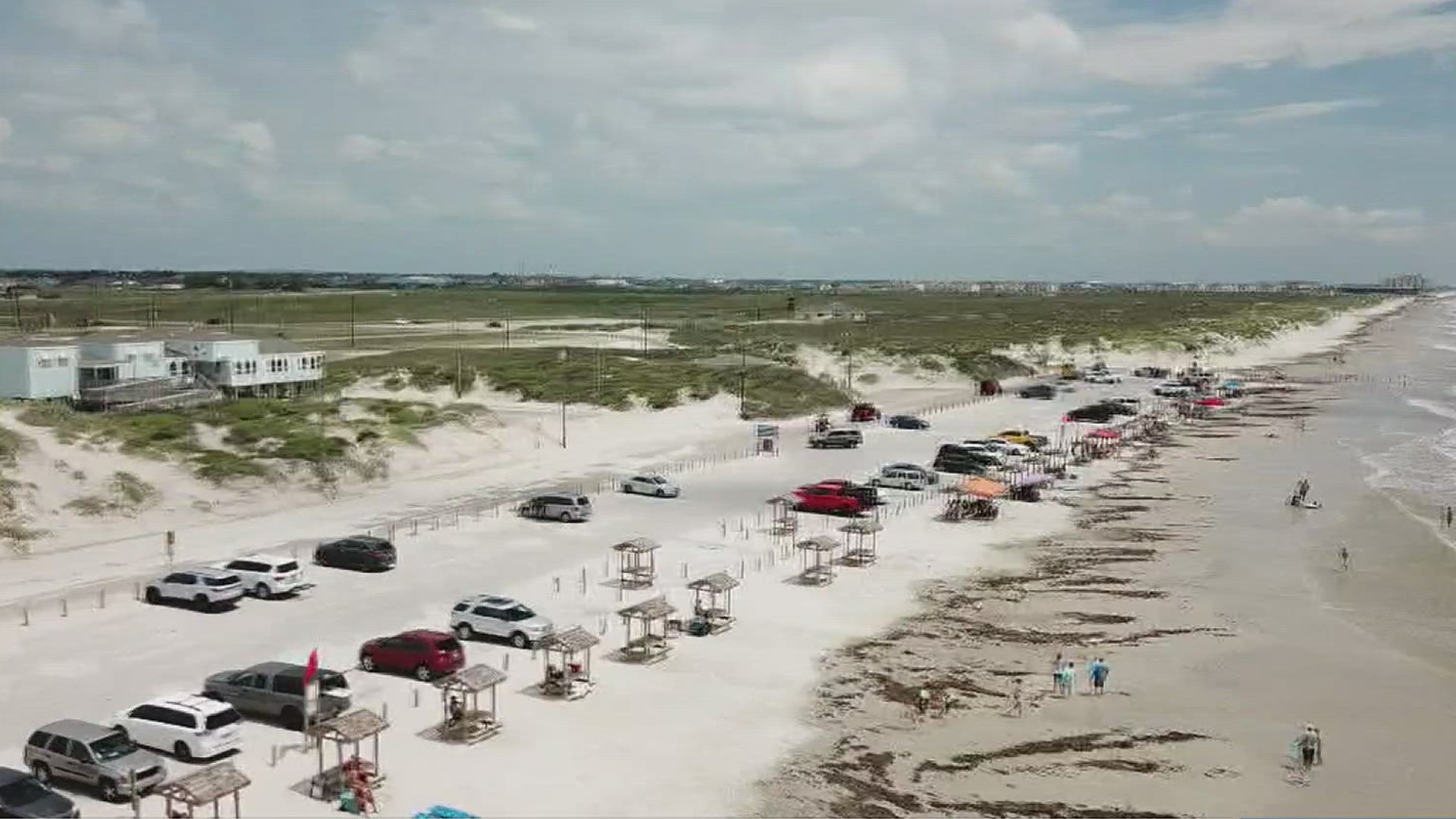Hurricane season is here. The time to plan is now.
Preparation for a big storm is essential if you live on the Gulf Coast. Here's what experts suggest you have ready to go in case of a storm.
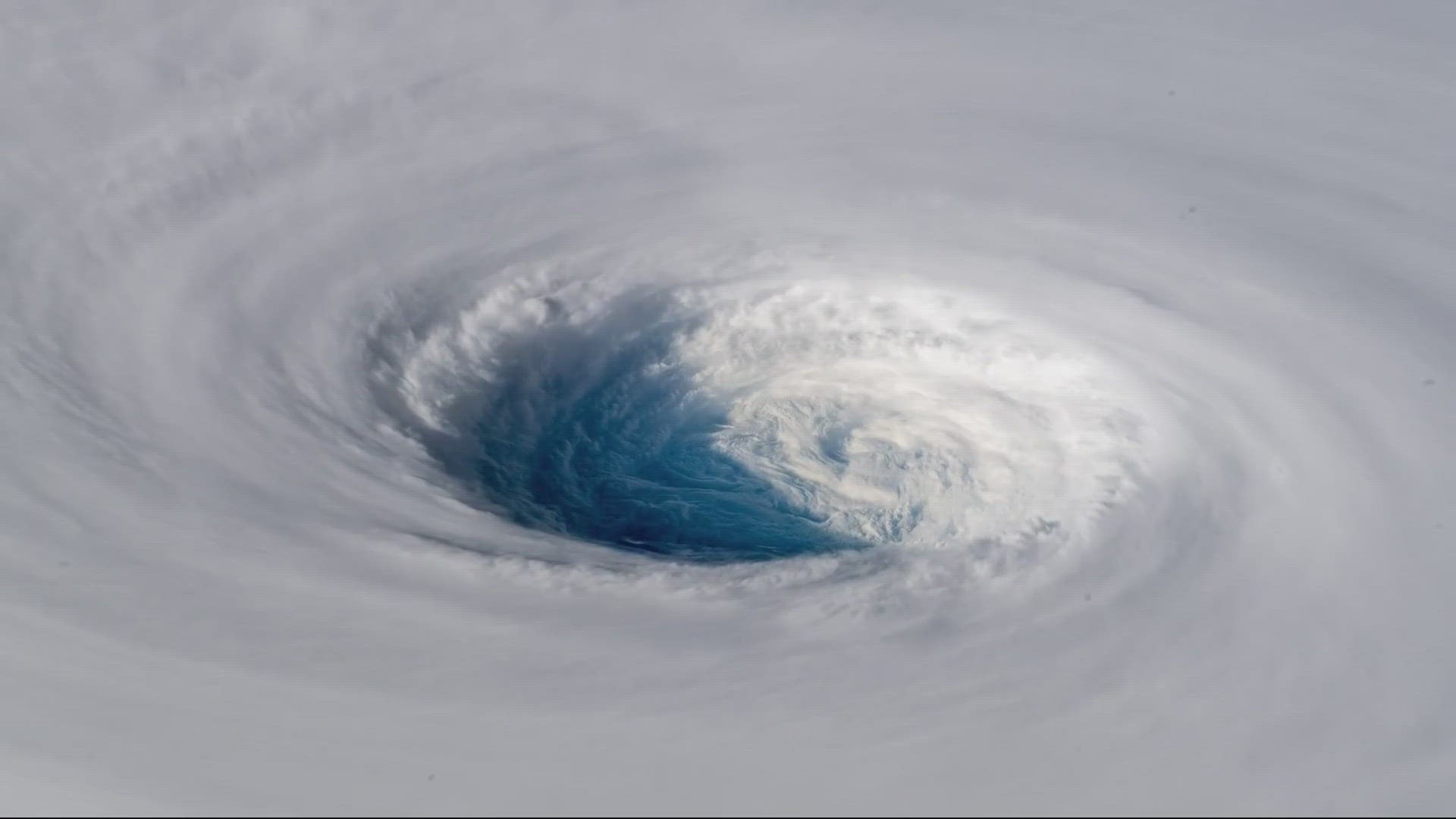
June 1 is the start of meteorological summer, and also the first day of hurricane season.
Forecasters are predicting a “near-normal” season, but Mike Brennan, the new director at the National Hurricane Center in Miami, stressed during a Wednesday news conference that there's really nothing normal when it comes to hurricanes.
“A normal season might sound good in comparison to some of the hurricane seasons in the past few years," he said. “But there's nothing good about a near-normal hurricane season in terms of activity.”

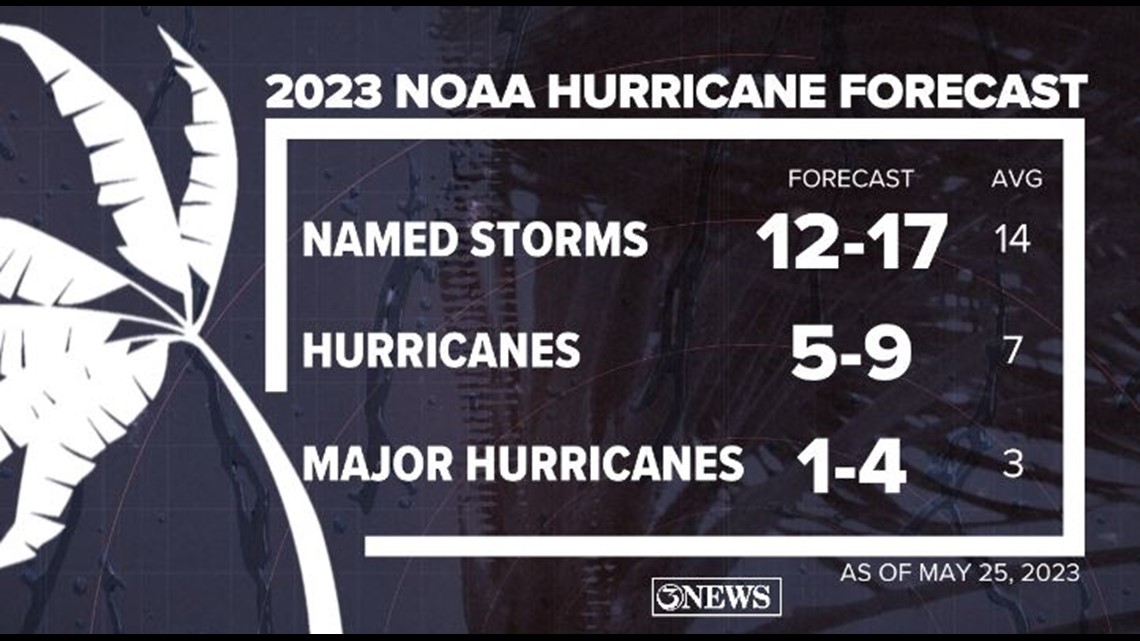
Have a plan Evacuation routes for the Coastal Bend
When a storm comes toward the coast, some may feel the best thing to do is get out of the path. Local leaders may set mandatory evacuations as well, so it is important to have a plan.
Texas Land Commissioner Dawn Buckingham said to be sure all of your family members know where to meet, who is riding with who, and how you are going to get where you are going.
Making sure your car's tank is full of gas is important, as evacuation routes can get crowded and you may end up idling for an extended period of time. For that reason, it is also important to have food and water for the trip.
It is also important to know the area's evacuation routes. For Corpus Christi, you should know what "evacuation zone" you are in. The city updated their evacuation zone map in 2020.

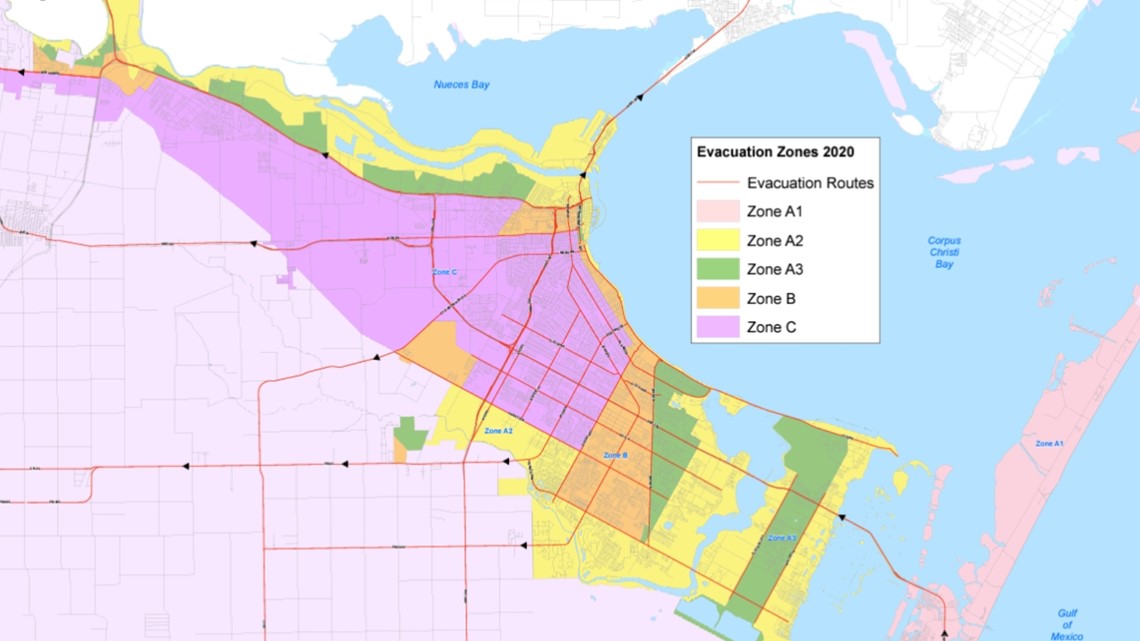
The zone you are in will determine what evacuation route to take. This is to try and prevent traffic jams while people are trying to leave.

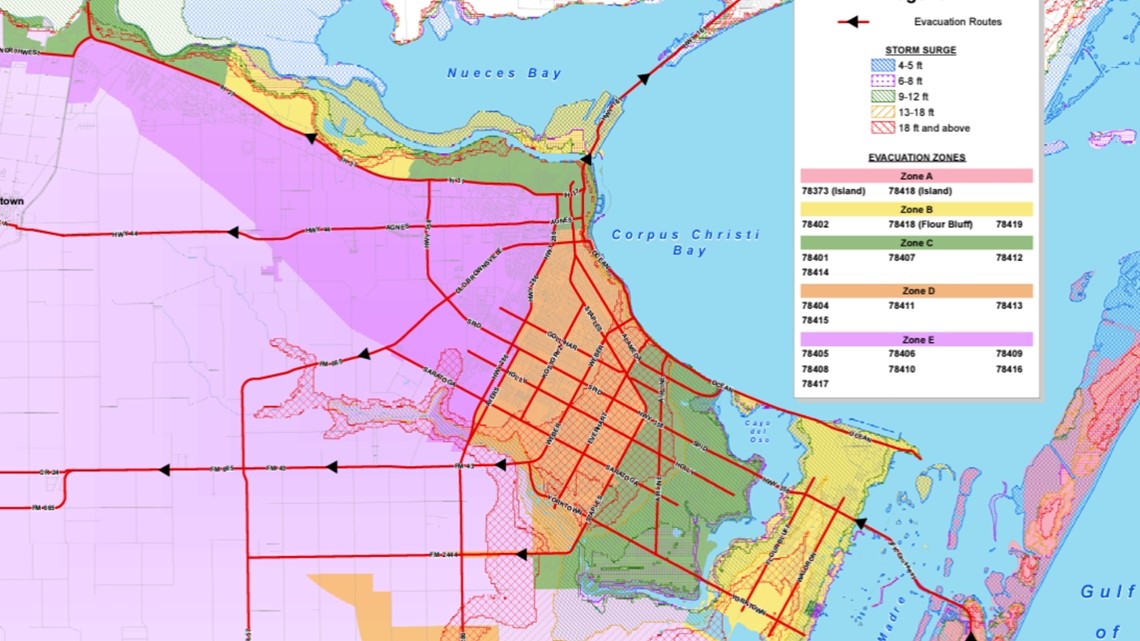
TxDOT also has this map for evacuations through I37. Evacuees should consider the travel path of the hurricane and their destination in choosing evacuation routes. Listen to local authorities and emergency broadcasts about weather and highway conditions.
Members of the community are encouraged to sign up for emergency alerts through ReverseAlert. You can do that here.
Survival Kit Here's what you should pack in your hurricane kit
When you leave, it is imperative that you have items for basic survival.
For your convenience, we have compiled an Amazon list of suggestions for your evacuation kit. Click here to see that list.
If you are planning to evacuate, officials with the Corpus Christi Fire Department said to be sure to take at least the items marked with an asterisk (*).
1) Food/Water*
2) Bottled water (1 gallon per person per day) for 14 days*
3) Manual can opener*
4) Non-perishable foods*:
- Canned meat, fish, fruit and vegetables
- Bread in moisture-proof packaging
- Cookies, candy, dried fruit
- Canned soups & milk
- Powdered or single serve drinks
- Cereal bars
- Package condiments
- Peanut butter and jelly
- Instant coffee and tea
5) Supplies
- Flashlight (1 per person)*
- Portable battery powered lanterns
- Glass enclosed candles (not for use in shelters)
- Battery powered radio or TV
- Battery operated alarm clock
- Extra batteries, including hearing aids*
- Ice chest and ice
- First Aid Kit, including aspirin, antibiotic cream, and antacids*
- Mosquito repellent
- Sun Screen (45 SPF recommended)
- Waterproof matches/butane lighter (not for use in shelters)
- Money*
- Plain bleach or water purification tablets*
- Disposable plates, glasses, and utensils*
- Maps of the area with landmarks on it*
6) Cooking:
- Sterno
- portable camp stove or grill
- disposable eating utensils, plates and cups
- napkins and paper towels
- aluminum foil
- oven mitts
7) Personal Supplies*:
- prescriptions (1 month supply)
- photo copies of prescriptions
- toilet paper
- entertainment: books, magazines, card games, etc.
- soap and detergent
- toiletries
- bedding: pillows, sleeping bags
- changes of clothing
- rain ponchos and work gloves
- extra glasses or contact lenses (and don't forget the solutions needed for the contact lenses)
8) Baby Needs*:
- Disposable diapers*
- formula, food and medication
- clothing and blankets
9) Documents*:
- insurance papers: home/renters, automobile
- proof of occupancy of residence (utility bills)
- photo identification
- photo copies of prescriptions (medications and eyeglasses/contacts)
- medical history information
- waterproof container for document storage
- back-up disks of your home computer files
- camera and film to document damage to home/belongings
10) Pet supplies (remember - shelters do NOT allow pets - plan to board them with a veterinarian or local humane society)
- dry and canned food for two weeks
- water (1/2 gallon per day per pet)
- litter box supplies
- traveling cage
11) Other necessities:
- tools: hammer, wrenches, screw drivers, nails, saw
- trash bags (lots of them)
- cleaning supplies
- plastic drop cloth
- mosquito netting
- ABC rated fire extinguisher
- masking or duct tape
- outdoor-rated extension cords
- spray paint to identify your home if necessary
- one of your home phones (many people lost theirs during Hurricane Andrew, even though their phone service still worked)
3NEWS is once again giving away hurricane kits. You can register here for your chance to win one.
Be sure to watch the 3NEWS Hurricane Special on June 4 at 6 p.m.


